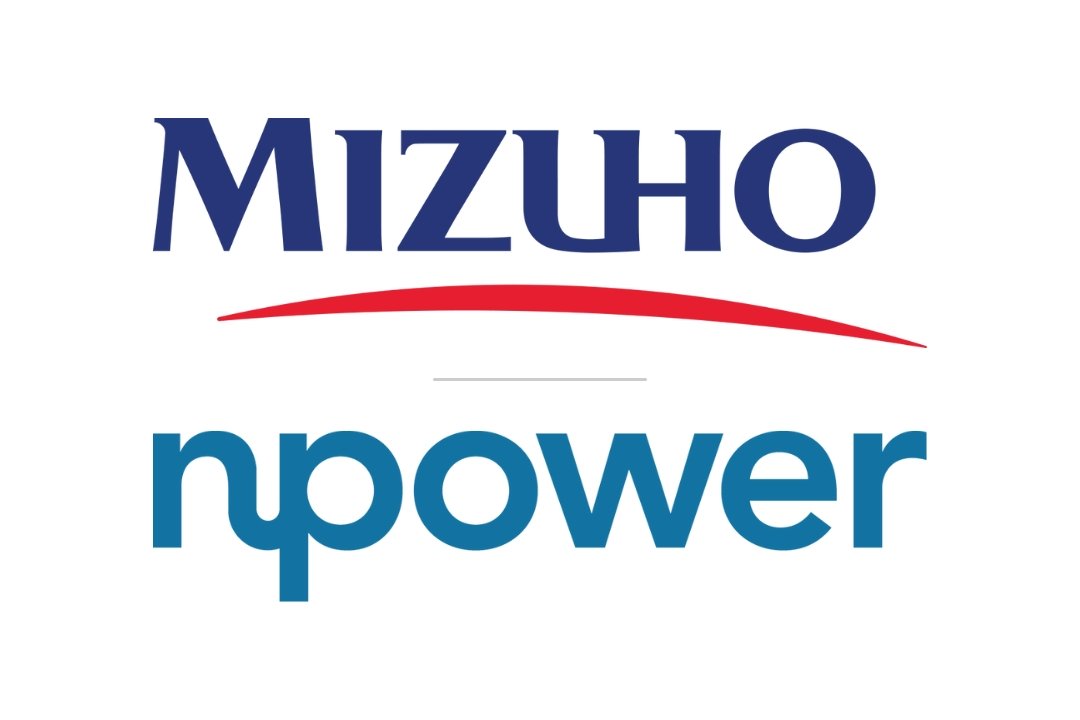
The Philippines’ digital economy has achieved remarkable growth, outpacing five other Southeast Asian nations and expanding by an impressive 20% in 2024. This rise, particularly driven by the country’s thriving e-commerce sector, has propelled the digital economy’s gross merchandise value (GMV) to $31 billion, up from $26 billion in 2023, according to the latest e-Conomy SEA report by Google, Temasek, and Bain & Company.
With domestic consumption on the rise, a revitalized services sector, and increased remittances from overseas Filipinos, the Philippines’ digital economy is showing no signs of slowing down. The report highlights a backdrop of stabilizing inflation and falling unemployment rates as further drivers of digital service demand across the country.
“The Philippines is poised for continued strong growth, underpinned by robust domestic consumption, a revitalized services sector, and increased remittance from overseas workers,” the report stated. This economic environment is creating fertile ground for digital services and e-commerce to flourish. The rapid growth in digital payments, for example, is compelling providers to stay competitive by maintaining low fees while prioritizing security and reliability.
Digital wallets and super-apps are gaining traction in the Philippines, with super-apps taking a leading role thanks to their broad range of services. Providers are gradually increasing merchant discount rates as these platforms gain wider adoption, the report notes.
Infrastructure improvements are also central to this digital push. Google pointed to recent investments in broadband expansion, particularly in rural regions, as part of a concerted effort to enhance digital access nationwide. An example is the $288 million Philippine Digital Infrastructure Project, which aims to bridge connectivity gaps across the country.
Policy reforms are bolstering these developments. The report commended measures like the Internet Transactions Act and the introduction of a 12% VAT on foreign digital services, both of which create a more level playing field for local businesses.
The findings align with the UNCTAD Digital Economy Report 2024, which identified the Philippines as a leader in e-commerce growth among 43 economies. According to UNCTAD, the country has witnessed a steady increase in online transactions over the past several years.
The Department of Trade and Industry (DTI) is stepping up efforts to ensure sustainable digital growth, emphasizing the full implementation of the Internet Transactions Act. Key areas include the establishment of an Online Business Database, a Consumer Complaints mechanism, and an E-commerce Trustmark to strengthen consumer trust.










